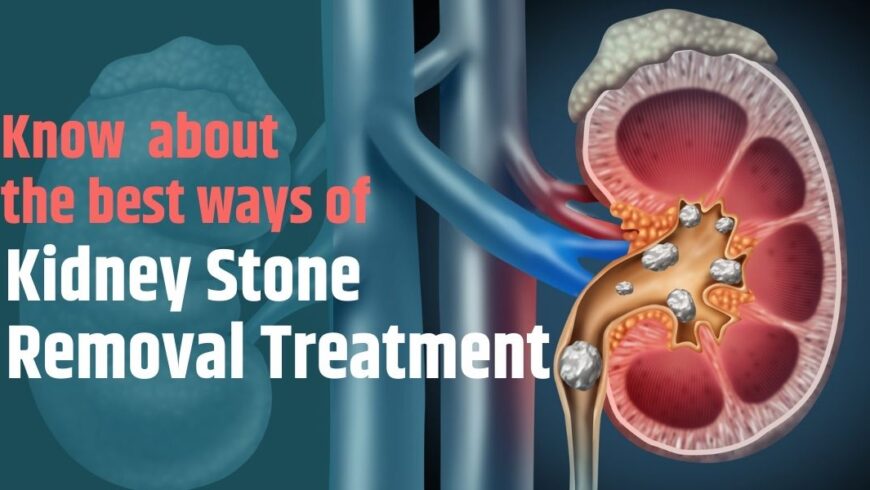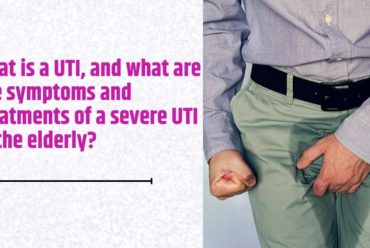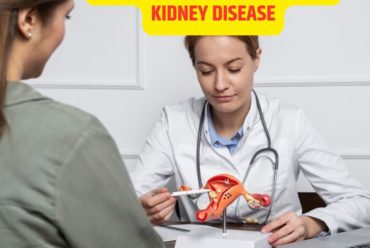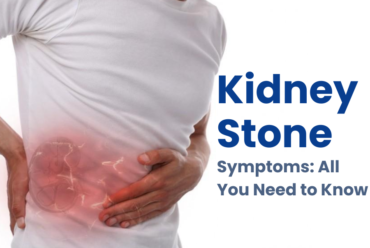Kidney Stone Removal Treatment
What is kidney Stone?
Kidney stones, also referred to as renal calculi or nephrolithiasis, are solid formations of minerals and salts that develop within the kidneys. These hard deposits can arise due to various factors, such as diet, excess body weight, certain medical conditions, and specific supplements or medications. Kidney stones have the potential to impact any part of the urinary tract, ranging from the kidneys to the bladder. Typically, these stones form as a result of concentrated urine, facilitating the crystallization and aggregation of minerals. Comprising calcium oxalate, uric acid, struvite, or cystine, kidney stones begin small but may enlarge as additional minerals adhere to them. Addressing kidney stones involves understanding their composition and employing treatments like shockwave lithotripsy, uteroscopy, percutaneous nephrolithotomy, or nephrolithotripsy. Common symptoms include severe lower back pain, blood in the urine, nausea, vomiting, fever, chills, and cloudy or malodorous urine. Optimal prevention and management strategies consider lifestyle adjustments and medical interventions based on stone type and size.
How do doctors treat kidney stones?
Treatment Based on Size and Location:
Small kidney stones may pass naturally through the urinary tract without intervention.
Catching the passed kidney stone in a special container is recommended for analysis in a lab.
Lab Analysis:
Health care professionals analyze the kidney stone in a lab to determine its type.
Self-Help Measures:
If able to pass a kidney stone, patients are advised to drink plenty of liquids to facilitate its movement.
Pain Management:
Pain medicine may be prescribed to alleviate discomfort during the passage of kidney stones.
Urgent Treatment for Larger Stones:
Larger kidney stones or those causing severe pain, may require urgent intervention.
Hospitalization for Severe Cases:
If vomiting and dehydration occur, hospitalization may be necessary.
Intravenous (IV) fluids may be administered to address dehydration.
Treating Small Kidney Stones
For Mild Pain
Small kidney stones may cause discomfort until they pass, typically within 1 or 2 days.
To ease symptoms, your GP might recommend the following:
Hydration: Drink plenty of fluids throughout the day.
Anti-Sickness Medicine: Medication to Address Nausea.
Alpha-Blockers: medicines to facilitate the passage of stones.
Hydration Recommendations
Aim to drink up to 3 liters (5.2 pints) of fluid daily until the stones clear.
Fluid sources include water, tea, coffee (in moderation), and water with fresh lemon juice.
Avoid fizzy drinks and limit salt intake.
Monitoring Hydration
Ensure you’re adequately hydrated; dark urine indicates insufficient fluid intake, while pale urine is a positive sign.
Drinking enough fluid may be advised even after the stones pass to prevent new formations.
Severe Pain Considerations
If you are experiencing severe pain, your GP might refer you to the hospital for further tests and treatment.
Treating Large Kidney Stones
Treating large kidney stones typically involves various surgical procedures. The choice of surgery depends on factors such as the size and location of the stones. The main types of surgery for removing large kidney stones include:
Shockwave Lithotripsy (SWL)
Procedure: SWL uses ultrasound (high-frequency sound waves) to precisely locate the kidney stone.
Treatment: Ultrasound shock waves are directed at the stone to break it into smaller pieces, facilitating passage through urine.
Considerations: SWL can be uncomfortable, so painkilling medication is often administered. Multiple sessions may be required for successful treatment.
Ureteroscopy
Procedure: Ureteroscopy involves passing a thin telescope called a ureteroscope through the urethra, up into the bladder, and then into the ureter.
Treatment: The surgeon may gently remove the stone using another instrument or use laser energy to break it into smaller pieces for natural passage in urine.
Anesthesia: Ureteroscopy is performed under general anesthesia, ensuring that you are asleep during the procedure.
Percutaneous Nephrolithotomy (PCNL)
Procedure: PCNL involves making a small incision in the back and passing a telescopic instrument called a nephroscope into the kidney.
Treatment: The stone is either pulled out or broken into smaller pieces using laser or pneumatic energy.
Anesthesia: PCNL is always performed under general anesthesia.
Complications of Kidney Stone Treatment
While the surgical treatments for kidney stone removal are generally safe and effective, like any medical procedure, there can be potential complications. It’s important to note that complications are relatively rare, and the benefits of treating large kidney stones often outweigh the risks. Here are some potential complications associated with kidney stone removal treatments:
Infection: Any surgical procedure carries a risk of infection. In the case of kidney stone removal, there may be a risk of urinary tract infection (UTI) or, less commonly, a systemic infection.
Bleeding: Surgery may cause bleeding, either during the procedure or in the postoperative period. Excessive bleeding may require additional intervention.
Pain and Discomfort: Patients may experience pain and discomfort after surgery. Pain management strategies, including medications, are typically employed to alleviate this.
Incomplete Stone Removal: In some cases, it may not be possible to completely remove all stone fragments. This could potentially lead to the formation of new stones.
Ureteral Injury: Ureteroscopy and other procedures involving instruments passing through the urinary tract carry a slight risk of injury to the ureter, bladder, or nearby structures.
Scarring and Stricture Formation: Surgical procedures may cause scarring in the urinary tract, leading to the formation of strictures (narrowing of the tubes). This can potentially cause obstruction and require further treatment.
Reaction to Anesthesia: General anesthesia, used in procedures like ureteroscopy and percutaneous nephrolithotomy, carries a small risk of adverse reactions or complications.
Conclusion
In conclusion, kidney stones, or renal calculi, are solid formations that develop in the kidneys due to various factors. Treatment options vary based on the size and location of the stones. Dr. Mulay Superspeciality Hospital, located in Hadapsar, Pune, boasts expertise in kidney stone removal treatment. Dr. Abhirudra Mulay, a renowned urologist in Hadapsar, recommends self-help measures like hydration for small stones. Larger stones may require surgical interventions such as shockwave lithotripsy, ureteroscopy, or percutaneous nephrolithotomy. While complications are rare, consultation with healthcare professionals is vital for personalized treatment plans. Prevention through lifestyle modifications and hydration is key to reducing the risk of recurrent kidney stones.








